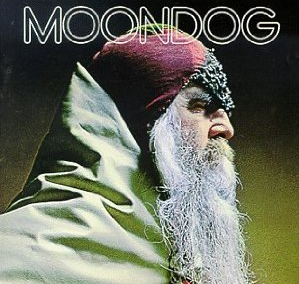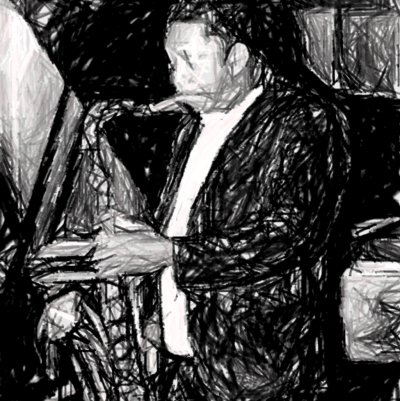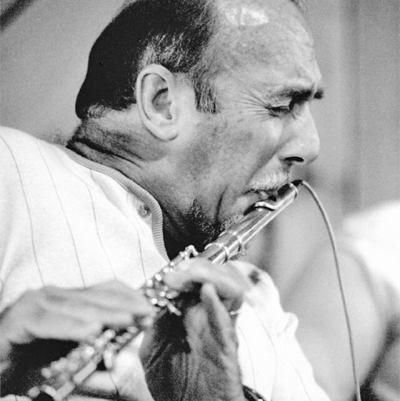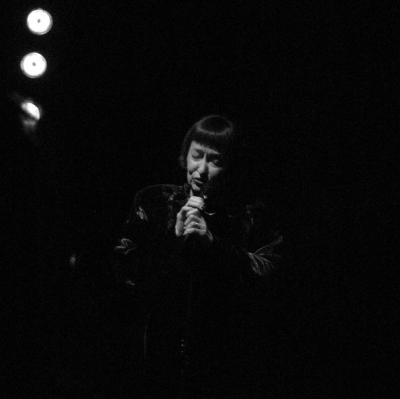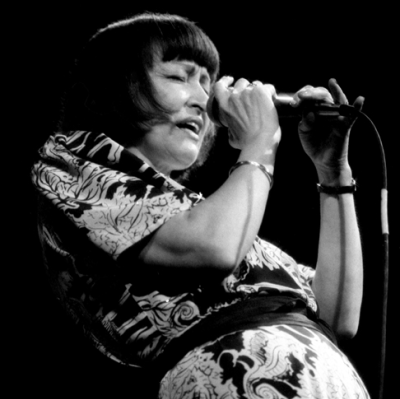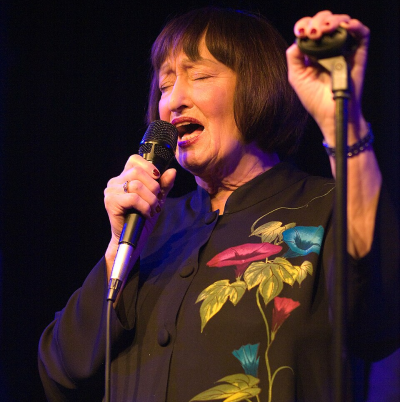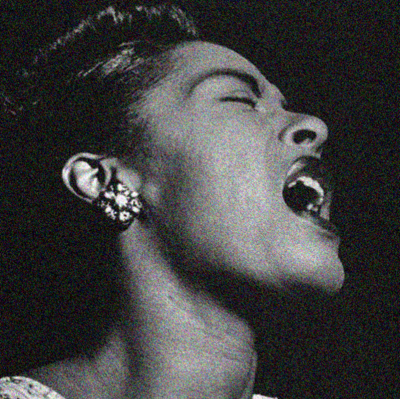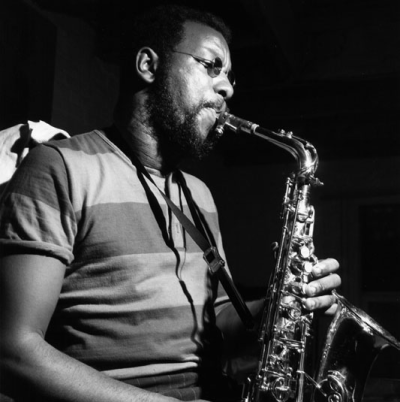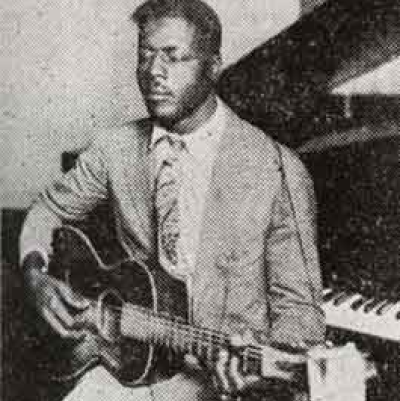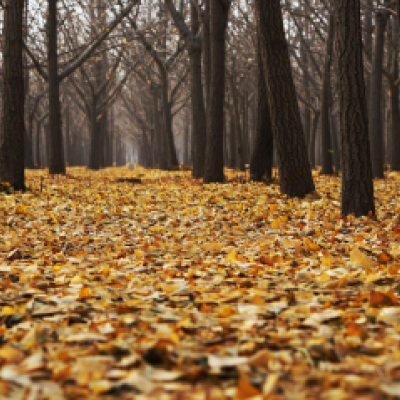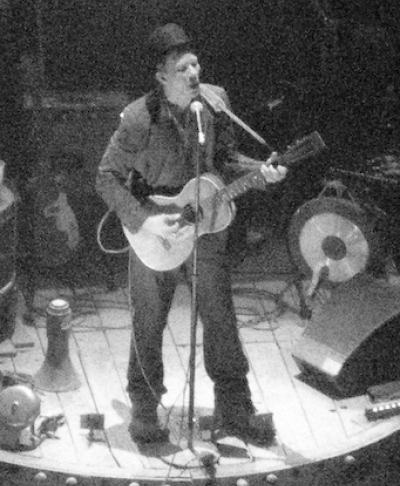.
.
The 1969 self-titled Columbia album by Moondog (Louis Thomas Hardin)
.
___
.
.
Moondog
That massive blind face—rough hewn
As one of Michelangelo’s.Captives—
Fills the glossy color cover of his first
Columbia LP. White beard. Capped head.
The cloak a part of the costume he wore
As “the Viking of 6th Avenue,”
A street musician sentry to the acoustics
Of the streets. I happened upon him once
When I was in my teens running errands
For the Port of New York Authority.
Back in the mailroom they clued me in,
Although not one of them had a clue
When it came to the richness of the music
Toscanini vouched for and Goodman.
Years after I’d fled Manhattan in 1966,
I picked up a copy of.Moondog
And was blown away by the elements
He’d set swinging in “Symphonique #6
(Good for Goodie),” the fatback-crackling
Of the bass clarinet which starts off
“Bird’s Lament,” contrapuntal now
On the turntable in my living room.
Moondog at 52nd Street, the sightseer’s
Destination, is in attendance there too,
And the decades patining the tracks:
Clicks, hisses, the notes distressed
By a series of worn-down styluses.
The music’s richness survives all that,
His wealth of invention and instruments.
“We’re not poor,” I once told my sons.
“We just don’t have any money.”
Poverty would mean the other thing.
.
.
___
.
.
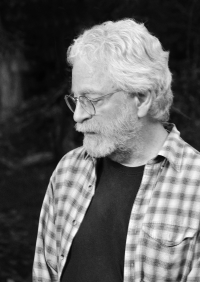
Robert Gibb’s books include After, which won the 2016 Marsh Hawk Press Poetry Prize and Among Ruins, which won Notre Dame’s Sandeen Prize in Poetry for 2017. Other awards include a National Poetry Series title (The Origins of Evening), two NEA Fellowships, a Best American Poetry and a Pushcart Prize. A new book, Sightlines, has won the Prize Americana for Poetry 2019.
.
.
.
Listen to “Symphonique #6”
.
Listen to “Bird’s Lament”
.
.
.




